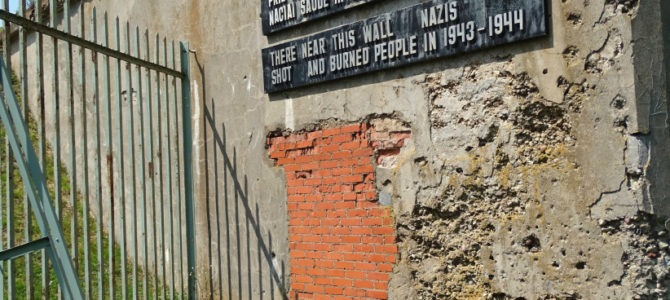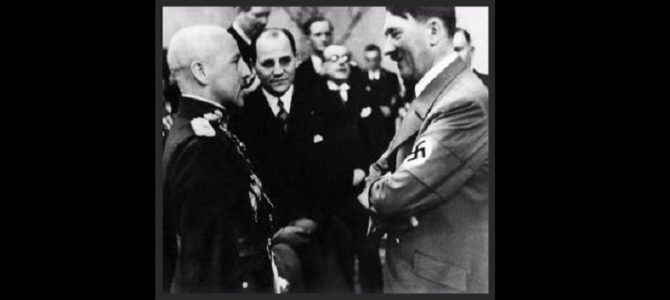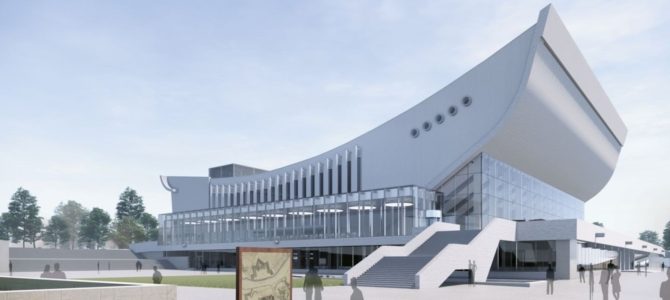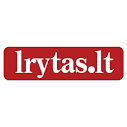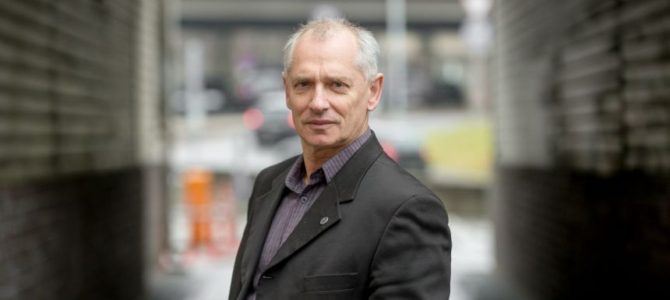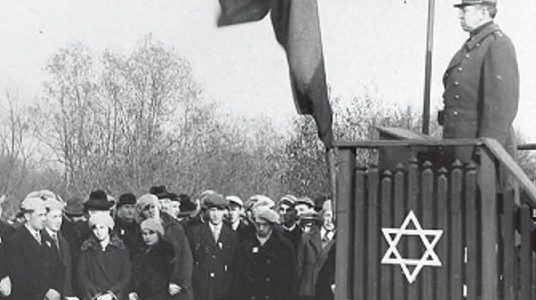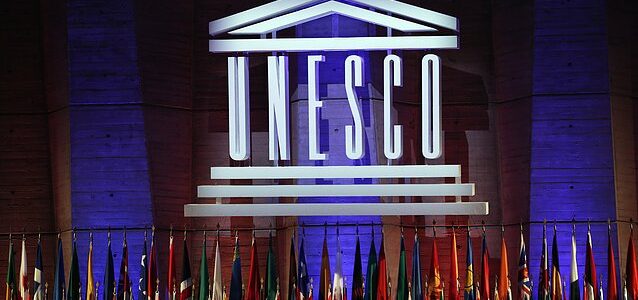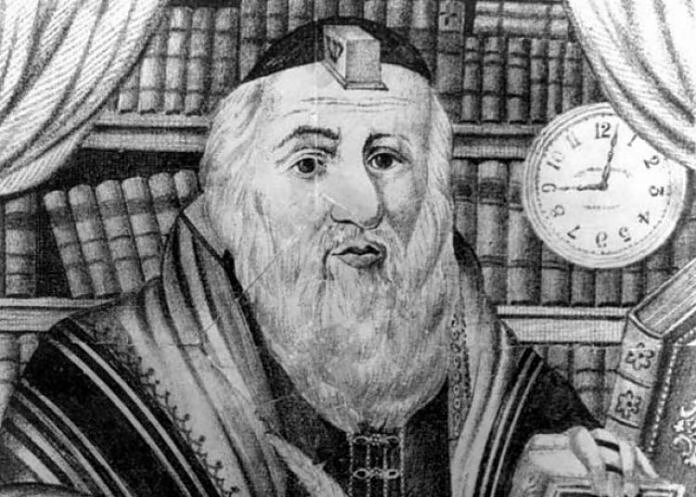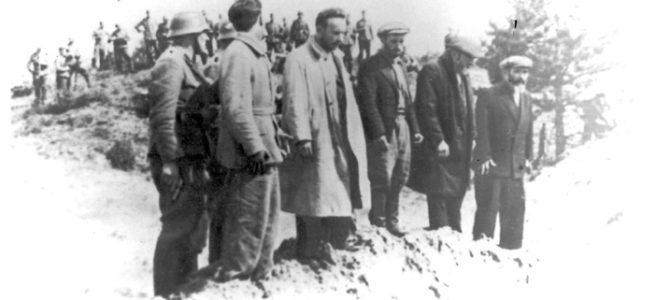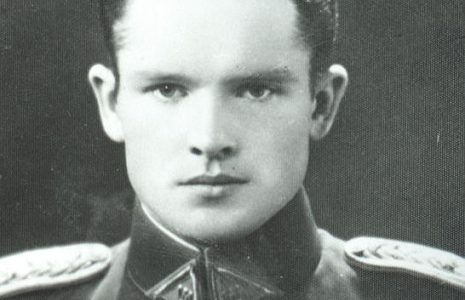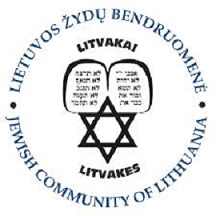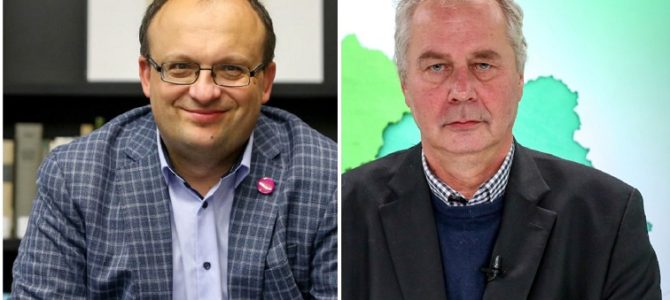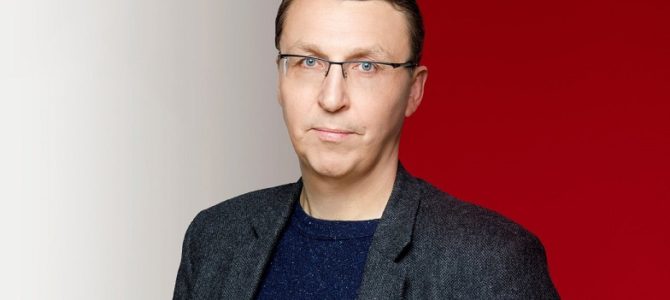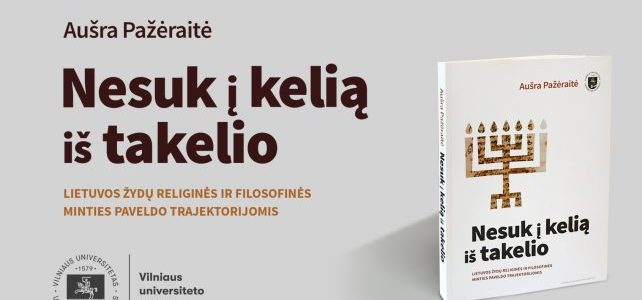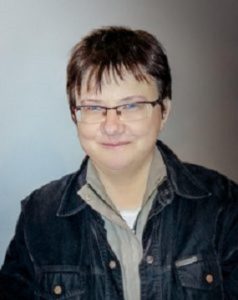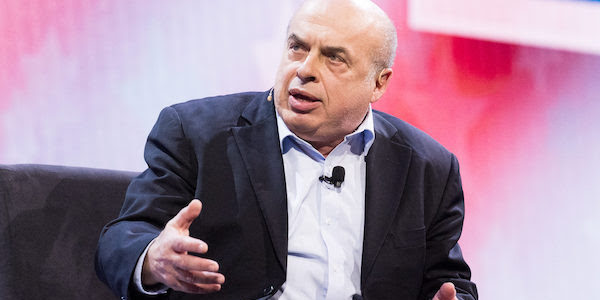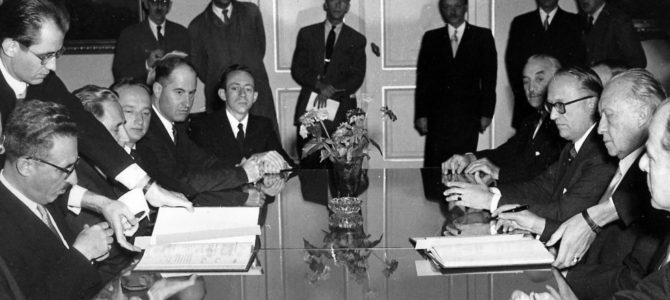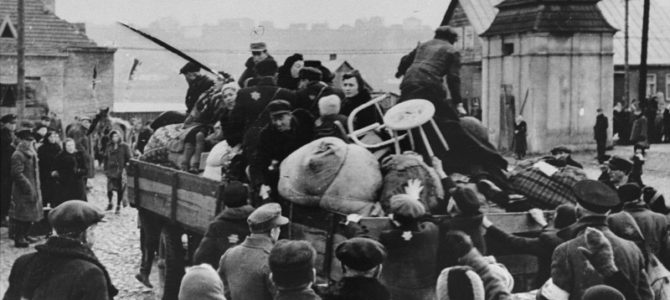In two months the Lithuanian parliament will recess. Prior to that MP Arūnas Gumuliauskas, chair of the parliament’s Commission on the Fight for Freedom and Historical Memory, will propose a parliamentary resolution declaring Lithuania has no responsibility for the murders and extermination of Lithuanian Jews during World War II because it was occupied by the Soviets and then by Nazi Germany. His resolution is to absolve Lithuania from the horrors of the Holocaust because it was occupied by Russia and Germany!
Member of parliament Gumuliauskas is not clearly anti-Semitic (compared to those living in Lithuania), he is a professor of history. His primary research during the Soviet era showed positive impact of the Communist Party on the Lithuanian theater. Apparently in 1987 he didn’t think that three years hence everything would be turned upside down. Instead of praising Communism a change had to be made: to stand out and to pave his way to the parliament, Jews can always be accused of something. Anti-Semitism has always been popular in Lithuania at all times. In 2016 the learned professor was elected to parliament. At the end of this year there will be another parliamentary election and an opportunity for him to stand out by proposing a parliamentary resolution which releases Lithuania and Lithuanians of involvement in the Holocaust, for the murder of 95% of Jewish citizens of Lithuania who had lived as good neighbors with Lithuanians for over 400 years.



